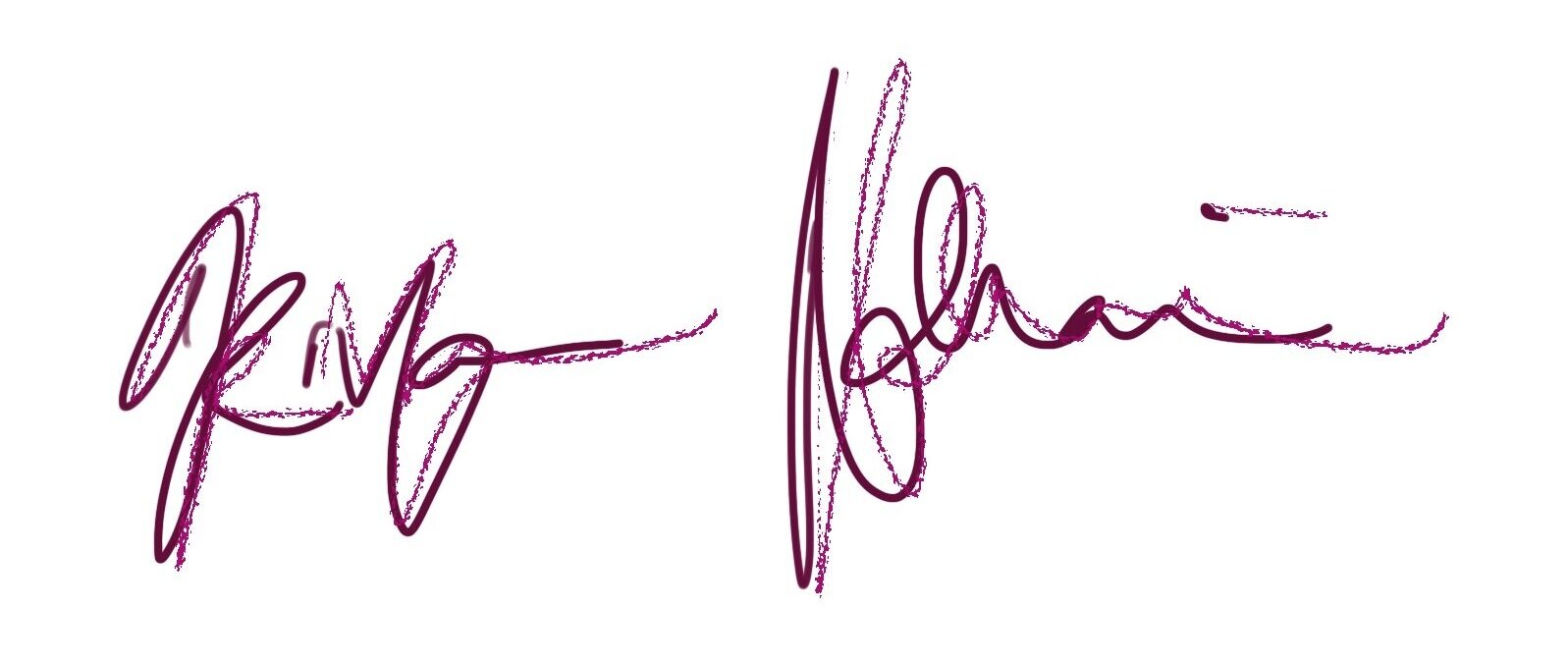You. Are. Not.Crazy.
My mother told me many times that as she aged, she understood her own mother more and more. And as I have become a mother, different realizations, understandings, and sympathies I have also acquired. But especially after my second child, as I floundered around and resorted to taking antidepressants in order to function through the lack of sleep and intense stress and worries I felt in a world of turbulence and lack of support, I felt something else was going on. The question always going through my mind that got me down was :" Why can't I do this?" " Why do I need so much help?" And I would "see" all these women who could handle what seemed like equal to my load and more. What is wrong with me? I wondered, as one day's enormous strain blended into another, as I forked over all of our money to sitters and cleaning ladies and still I floundered. Imagining myself as some defunct human being who just couldn't get it together like everyone else, I began to sense there was something more to the picture.
